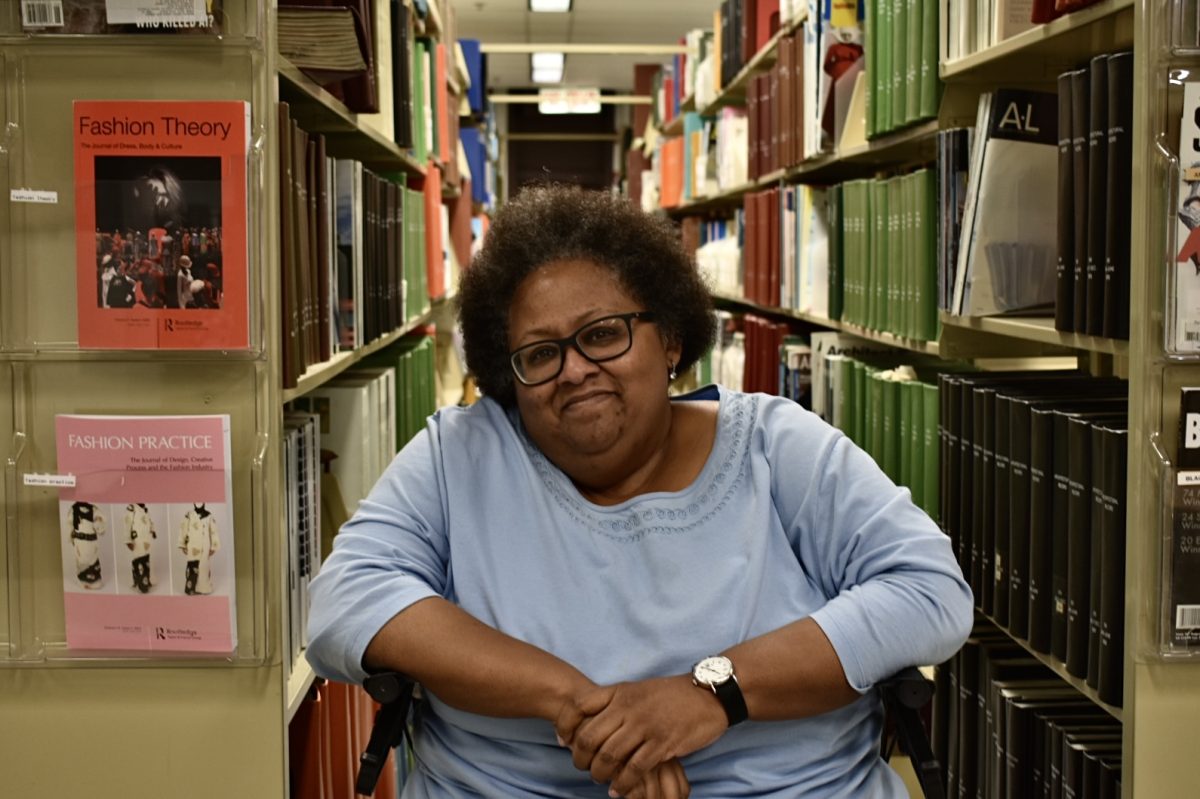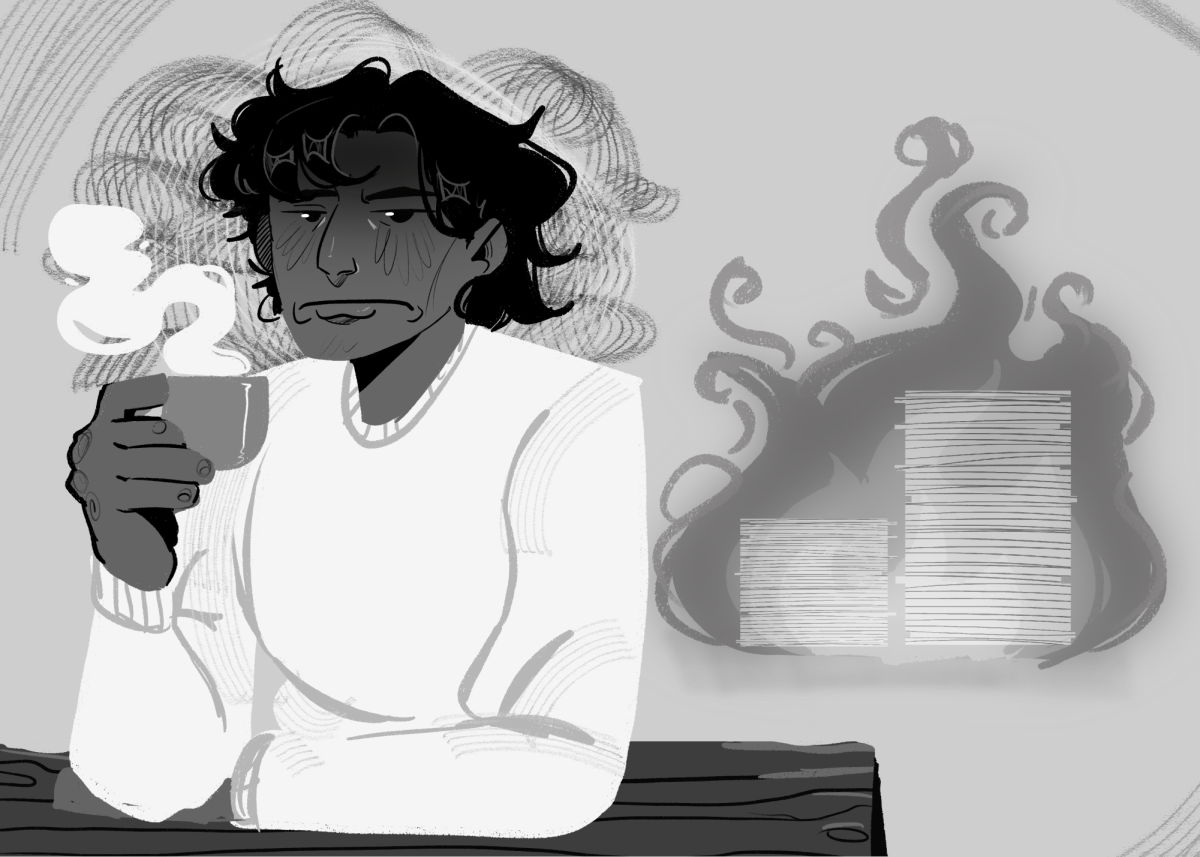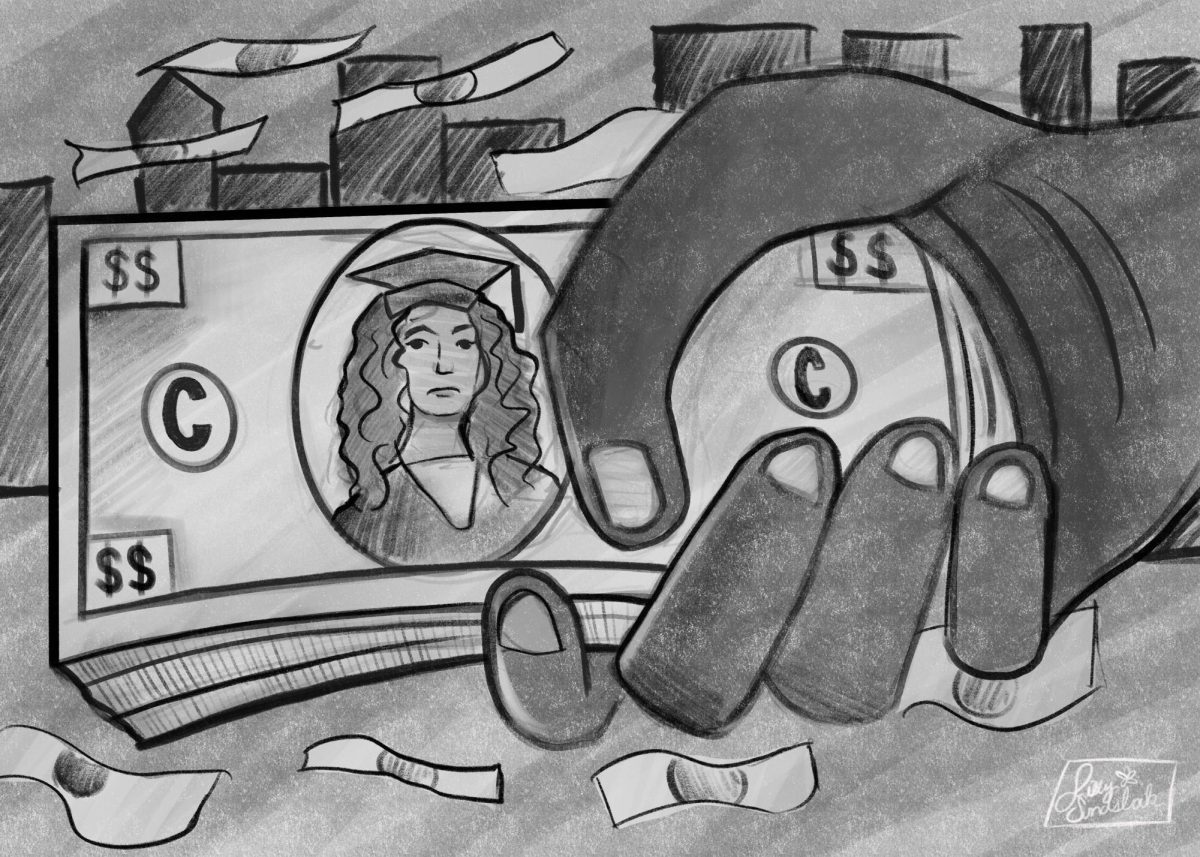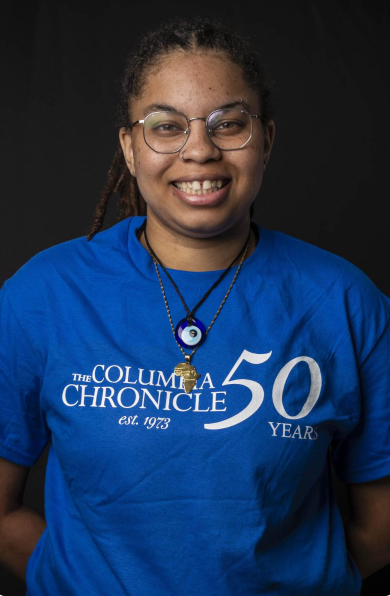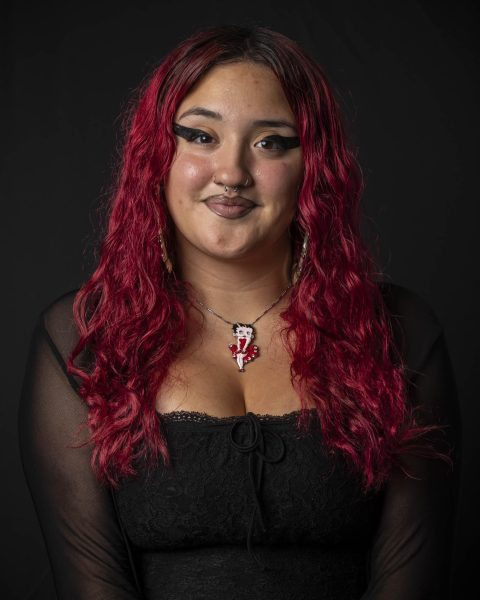Kim Hale only knew three things about Columbia College Chicago before going for her first interview for an acquisitions librarian position in 1989: the name of the college, the address and the interlibrary loan number.
“I had interviewed at other places, but Columbia was just special,” Hale said.
After nearly 35 years at Columbia, Hale joined a Zoom meeting from vacation on May 30 and was told she had been laid off, one of 70 staff members at the college who were let go to help curb the college’s $38 million deficit.
The library lost five people: Hale, the special collections librarian, the catalog librarian, a staff assistant to the director and the director, Jo Cates. There are 10 librarians staffing the space.
The college has not officially released the names of any of the staff who were laid off or offered any kind of recognition for their years of service. Some staff who had been at the college for decades had just days to clear out.
“Losing senior staff means losing experienced mentors and valuable institutional memory,” said Craig Sigele, president of the United Staff of Columbia College and an academic manager in the Communication Department. The union, which is currently in the midst of contract negotiations with the college, lost 20% of its members in the latest round of layoffs.
“The college’s decision to lay off long-term staff members, who have dedicated years of service, is a significant misstep, showing a lack of respect and appreciation,” Sigele said. “USofCC believes that sustainable careers are essential for Columbia’s future, whereas the college action shows they prefer a disposable workforce.”
When a Chronicle reporter arrived at her office on June 13, Hale was alone. She had just said goodbye to some coworkers on Zoom and was crying. Her office, a museum of Columbia history, was stacked with papers and books even though she had to be out by the end of the day. She said she had filled two large blue recycling bins the day before.
Hale has worked seven positions at the library during her time at the college and has overseen academic engagement since 2020.
“It was just a really good sense of caring and working for each other,” Hale said. “I remember the first thing I noticed, especially [in the library], but all across the college is that staff bent backwards to help students.”
Hale said Columbia felt different than other schools and under its open admission policy, she recalled seeing “people of all backgrounds, of all ages.”
“I would have never called myself a creative,” said Hale. “But I was so happy to be able to do the programming, to do the exhibits that we did, to have events of different kinds and to work with the students’ providing events.”
When initially handed the task of reducing the library’s budget by 30%, Jo Cates, the library’s director, said she put her position and salary up for elimination first.
“I was comfortable with the knowledge that I had reorganized staff positions upon my return to the college, that we had an exceptional assistant library director who could step up to the role, and that I could not consider cutting other positions without first taking mine.”
Cates, who has spent almost 15 years in Columbia’s library, has been no stranger to restructuring. She recalled the elimination of programs when the college underwent prioritization in 2012. She previously oversaw six programs: the Center for Asian Arts and Media, the Institute for the Study of Women and Gender in Arts and Media, Center for Arts Policy, Center for Black Music Research, the Museum of Contemporary Photography, and the Center for Community Arts Partnerships.
The initiative left Cates without a job at the time. Today only the Center for Black Music Research, which is now a historical research collection in the college’s archives, and the Museum of Contemporary Photography remains.
Hale said under prioritization the college lost “some of what made us special.”
Cates returned to the college in 2019 “just in time” to lead the library through the COVID-19 pandemic. Since then, the library has introduced sensory spaces, de-stress spaces, a Little Food Library and open educational resources. Hale said her favorite was bringing therapy dogs on campus for students.
Even after decisions were made, Cates held out hope that there would be a fix that could prevent the cuts that needed to be made.
“I was so hoping that there would be a last-minute reduction reprieve, that someone, somewhere would say, oh my goodness no, we must rethink the significance of the library and its staff and resources in terms of student wellness, accessibility, DEIA, retention, learning outcomes, accreditation, etc. and the role of the library director in this mix.”
Cates’ last day on campus was May 30.
She wanted to be remembered as “a person of principle, as a director who focused on individual strengths of our staff and made opportunities for them to do what they do best, and as a librarian who passionately supported academic freedom, accessibility and inclusivity.”
Dennis McGuire, assistant library director, will be taking over Cates responsibilities and overseeing how the operations will continue moving forward.
“I’m confident that the remaining staff can move forward, providing essential services, meeting the needs of our students,” said McGuire. “I’m personally sad that we’ve lost some really talented individuals. I wish them well. I’d be lying if I didn’t say a part of me is nervous.”
The remaining library staff is now preparing to move from the 624 S. Michigan building, which President and CEO Kwang-Wu Kim recommended that the college sell in his advisory report to the Board of Trustees, as the Chronicle previously reported.
McGuire said although that plan seems to be going forward, there are no details about when or where the library will be moving or if it will be split among buildings on campus.
Hale said there is only one campus building, 916 S. Wabash, which has the floor load capacity to hold the entire library collection.
Cates and Hale both said students will continue to receive high quality services from the library no matter where it is located physically.
“I know these good people will do their best to keep everything going to the extent that they can, and we will, they will. They will make sure that you get what you need,” Hale said.
That was also McGuire’s commitment.
“We are a smaller staff but we’re talented, we’re committed, we’re engaged with the community and we will do the best we can,” McGuire said.
Hale said she’s seen Columbia almost go away several times but the college persists. “One thing I love about Columbia is that it rises from the ashes and the folks that make that happen.”
Copy edited by Trinity Balboa


